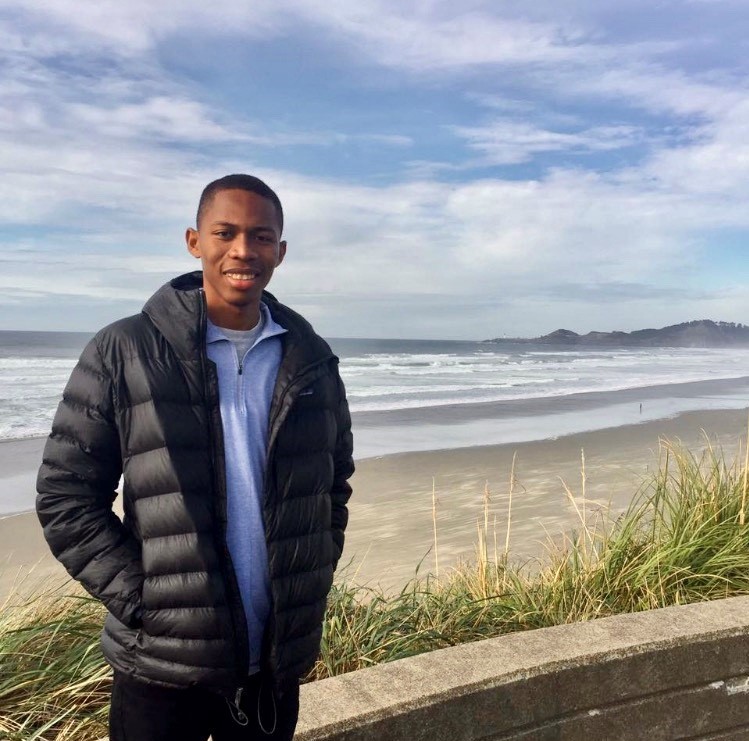
Country: Belize
My name is Eric Wade and I am a current Ph.D. Candidate studying Human Dimensions of Fisheries Management at Oregon State University under the advice of Dr. Kelly Biedenweg. I am originally from the beautiful country of Belize (Caribbean). Prior to starting my doctoral degree, I received my B.S. in Marine Biology at the University of North Carolina Wilmington and M.S. in Fisheries Science at Oregon State University. Between finishing my Bachelor’s degree and starting my Master’s, I worked in Belize’s Fisheries Department. The motivation for my research and work in small-scale fisheries is deeply tied to my long-term goal of promoting and securing the sustainable development of coastal and marine resources of the Caribbean.
My work integrates theories from social psychology, sociology, and behavioral economics to understand small-scale fisheries. I am interested in exploring decision-making processes in fishers and policy-makers, identifying how they make trade-offs between economic and environmental dimensions. I am primarily intrigued by questions around property rights and institutions, sustainable livelihoods, adaptation to change, conservation as development, risk and uncertainty in environmental decision-making, and conservation psychology.
Q: What are you currently working on within the context of small-scale fisheries?
Currently, my research work in the Caribbean explores how fishers' make decisions and navigate in an inherently uncertain fishing industry. Indeed, given the changing atmosphere of small-scale fisheries including market variability, climate change, and loss of fishing privileges, understanding how fishers are navigating these changes is the impetus for my current research. The dynamics of their changing environments where almost every decision involves some level risk, my research further investigates the trade-offs that fishers make in potentially risky decisions. My research is also focused on understanding the influences of their social networks and livelihood portfolios in affecting their decisions. In addition, I work on a project with the UN FAO – Sub-Regional Office for the Caribbean as a fisheries governance consultant on Illegal, Unreported, and Unregulated fisheries in the Western Central Atlantic Region.
Q: If you could single out one or two most significant factors for securing the sustainability of small-scale fisheries, what would these factors be?
I think two of the most significant factors for securing the sustainability of small-scale fisheries is to improve our understanding of both post-harvest practices and the role of women in SSF. Currently, there remains a lack of knowledge and integration of these two important dimensions in both policy and research. By exploring these dimensions, we are improving our ability to put in place holistic policies that capture a more complete picture of small-scale fisheries that will contribute to securing SSF. These two factors also directly furthers the call for greater social justice in small-scale fisheries.















